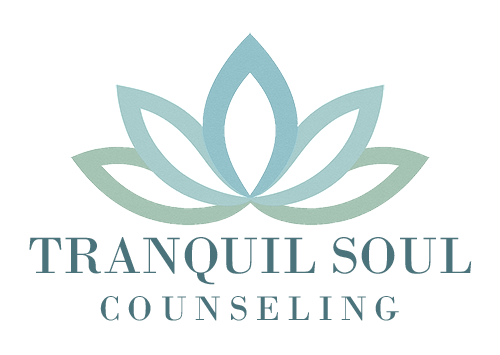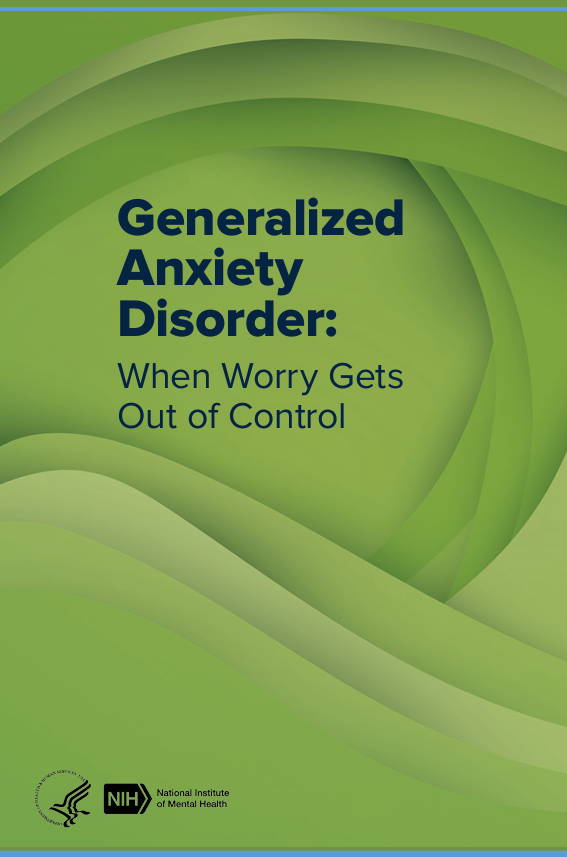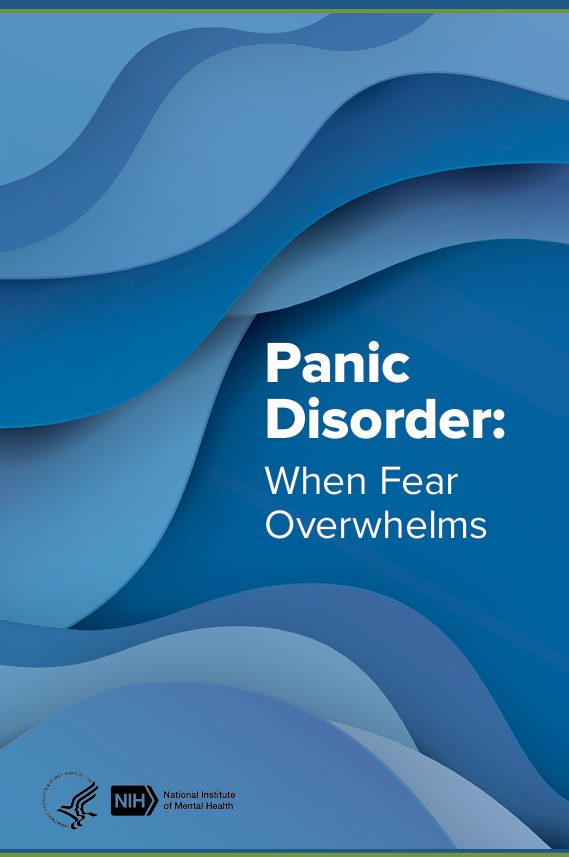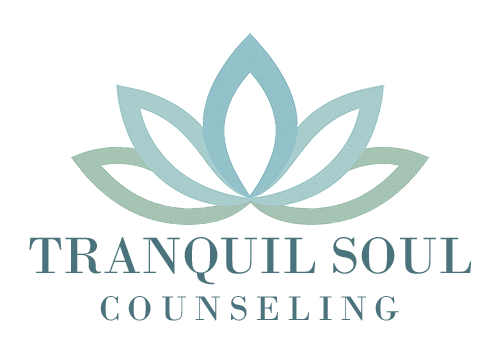If you’re here, chances are anxiety has been a heavy presence in your life—maybe it feels like a constant worry in the back of your mind or an overwhelming sense of dread that takes over your day. You’re not alone. Anxiety is incredibly common – in fact, anxiety disorders affect over 40 million adults in the U.S. (19.1%).
Anxiety and phobias can deeply affect your daily life, causing persistent worry, avoidance, and physical symptoms that may feel overwhelming. Whether your anxiety presents as generalized worry, social fears, panic attacks, or specific phobias, counseling offers a supportive path toward relief and renewed confidence.
I offer a safe, compassionate space to help you understand your anxiety and develop the tools to manage it. My approach to anxiety counseling is rooted in empathy, authenticity, and collaboration. We’ll work together to untangle the thoughts and beliefs that fuel your anxiety, explore the patterns that keep it going, and learn practical strategies to help you feel more grounded.
Generalized Anxiety Disorder:
While experiencing a certain amount of anxiety is a universal experience and part of the human condition. But, when the worry becomes persistent, excessive, and uncontrollable, it can make it difficult for you to get through your day. Anxiety disorders are extremely common and highly treatable. Generalized anxiety disorder affects 6.8 million adults.
You may feel excessive anxiety or worry most days along with restlessness, feeling on edge or easily fatigued, difficulty concentrating, muscle tension or problems sleeping.
When a person experiences prolonged anxiety, the body releases stress hormones such as adrenaline and cortisol. These hormones are helpful and serve a purpose, such as when you are in a physically dangerous situation, and are responsible for the fight-or-flight response.
However, long-term exposure to these hormones can compromise your immune system. This makes you more susceptible to infections, such as colds, the flu, and other viral and bacterial diseases.
Social Anxiety/Social Phobia:
Social anxiety is characterized by having significant anxiety, worry, or fear of being watched and judged by others or being embarrassed, humiliated, or rejected by others in social situations. Social anxiety affects 15 million adults, or 6.8% of the U.S. population.
The anxiety or worry can affect work, school, your other day-to-day activities, and make it hard to make and keep friends. People who experience social anxiety tend to avoid social situations to keep from feeling the discomfort they experience.
This can impact your daily living in performance situation like participating in meetings at work or classes (e.g. asking or answering questions), writing in front of others (e.g. signing a check or filling out a form), or entering a room where everyone is already seated.
Social anxiety can also impact your daily living in interpersonal interactions such as meeting new people or talking to co-workers or friends. It can also keep people from being assertive with others, expressing their opinions to others, or talking on the phone.
Specific Phobias + Agoraphobia:
Individuals who struggle with a specific phobia experience an intense and unreasonable fear or anxiety about an object or situation. It is an extreme and overwhelming fear that leads to avoidance or feeling extreme distress.
Phobias affect about 19 million adults, and women are two times more likely than men to have a specific phobia. Some people experience multiple specific phobias simultaneously. Approximately 75% of people with a specific phobia fear more than one object or situation.
Struggling with a phobia can interfere with daily routines, being employed, reduce self-esteem, and place a strain on relationships because people will do whatever they can to avoid the uncomfortable and often-terrifying anxiety and panic this can create. Sometimes phobias develop in childhood, usually during adolescence or early adulthood, but individuals can develop phobias later in adulthood as well. Experiencing a frightening incident (such as being bitten by a dog or being in a car accident) or even seeing the reactions of a parent or other family member who has a phobia can contribute to developing a phobia.









